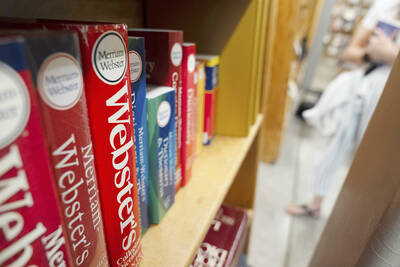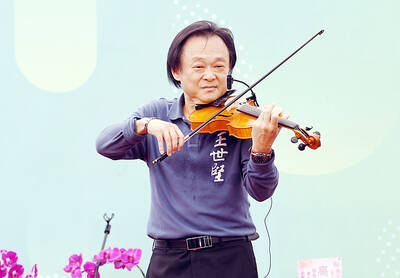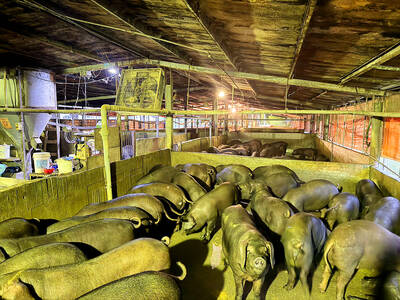Pop singer Justin Bieber is not welcome to perform in China because of his “bad behavior,” according to Beijing Municipal Bureau of Culture, which added that the 23-year-old Canadian singer needs to grow up if he wants to return. Bieber angered many Chinese in 2014 by visiting the controversial Yasukuni Shrine in Tokyo, Japan.
On that occasion, Bieber caused a stir on social media after he posted a photo of himself visiting the shrine. The place honors convicted Japanese war criminals. But for China, South Korea and some other Asian countries, it is a symbol of Japan not being sorry for past invasions.
After being banned from performing in China, Bieber abruptly canceled the remainder of his “Purpose World Tour” — including 15 shows across North America as well as Asia — late last month, citing “unforeseen circumstances.” In the past, foreign artists like British band Oasis and US group Maroon 5 have also been banned from China for political statements they have made.

Photo courtesy of GQ Magazine
照片︰GQ雜誌提供
(CNA, translated by Eddy Chang)
北京市文化局說,流行歌手小賈斯汀「行為不良」,因此不歡迎他到中國演唱。並指這名二十三歲加拿大歌手若想重新登陸,就要學著成長。小賈在二○一四年於日本東京,參拜備受爭議的靖國神社而激怒了許多中國人。
當時,小賈發了一張他個人參拜靖國神社的照片,在社群媒體上引發諸多不滿。靖國神社因為供奉日本戰犯,被中國、南韓等亞洲國家視為日本拒絕為過去侵略行為道歉的象徵。
被中國封殺的消息傳出後,小賈於七月底突然宣布因為預料之外的狀況,取消「我的決心」世界巡演在北美和亞洲所剩下的十五場演出。過去英國綠洲合唱團以及美國樂團魔力紅等外國藝人,也曾經因為政治性言論而慘遭中國禁唱。
(中央社)

A: Hey, the world’s major dictionaries just unveiled their words of the year for 2025. B: Yup, the Cambridge Dictionary chose the word “parasocial,” which refers to a connection that someone feels between themselves and a famous person they don’t really know. A: One-sided parasocial relationships with celebrities, influencers and even AI chatbots have clearly become more common. B: The Oxford Dictionary picked “rage bait” — online content designed to elicit anger by being frustrating, provocative or offensive in order to increase traffic to Web sites or social media accounts. A: The Collins Dictionary picked “vibe coding.” Let’s

A: Apart from the world’s major dictionaries, the online Dictionary.com actually picked “67” as its word of the year. B: What does “67” even mean? A: Even the dictionary wasn’t exactly sure about its meaning. The slang term’s origin might be traced to US rapper Skrilla’s song Doot Doot (67). Aren’t Taiwanese media outlets choosing the Mandarin word for 2025? B: Yeah and after hearing the song Good-for-Nothing, adapted from some catchphrases of Legislator Wang Shih-chien, I’m going to vote for the character “tsung” (hasty) from the lyrics. A: Hopefully, in the new year, we’ll be calm as the

Sea star wasting disease (SSWD) is a strange and serious illness affecting sea stars, or starfish. This disease causes sea stars to develop painful lesions, lose their arms, and eventually turn into a gooey, melted mess. Since it was first observed in 2013, millions of sea stars along the Pacific coast of North America have died from this __1__. Although viruses were once considered a possible cause, researchers now believe that environmental stressors and microorganisms are primarily __2__ for sea star wasting disease. One of the main environmental triggers appears to be warmer ocean water. When the water heats

For many people in Taiwan, childhood memories of rural life include pig pens standing beside family homes. Leftover rice, vegetable scraps and soup from daily meals were poured into buckets and fed to pigs. This practice of feeding pigs with household food waste was once a common way of life, both an economic choice and an expression of agricultural society’s deep respect for conserving resources. From a practical standpoint, pigs are omnivorous animals capable of efficiently digesting food scraps that humans can no longer eat. For rural households, food waste cost almost nothing, yet it could be converted into pork, a